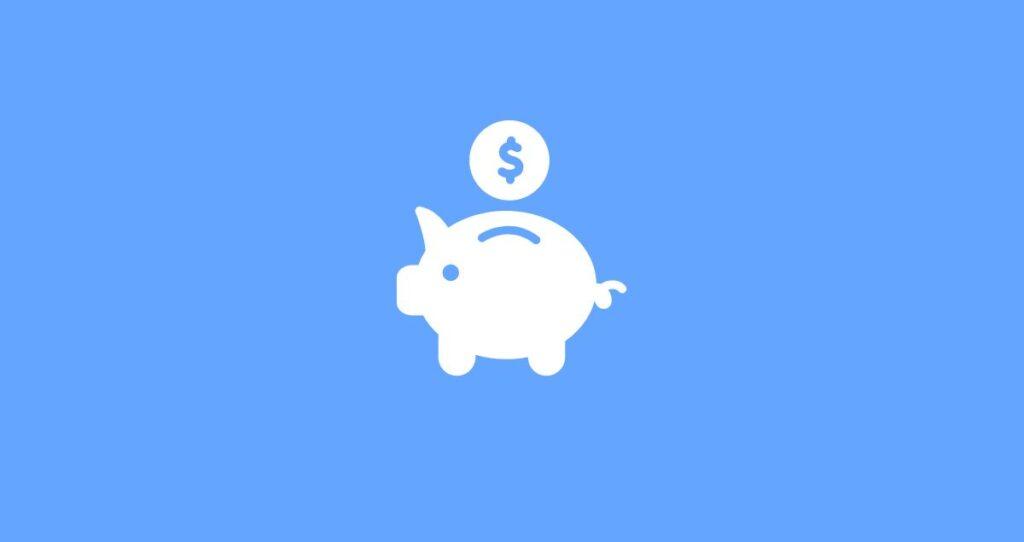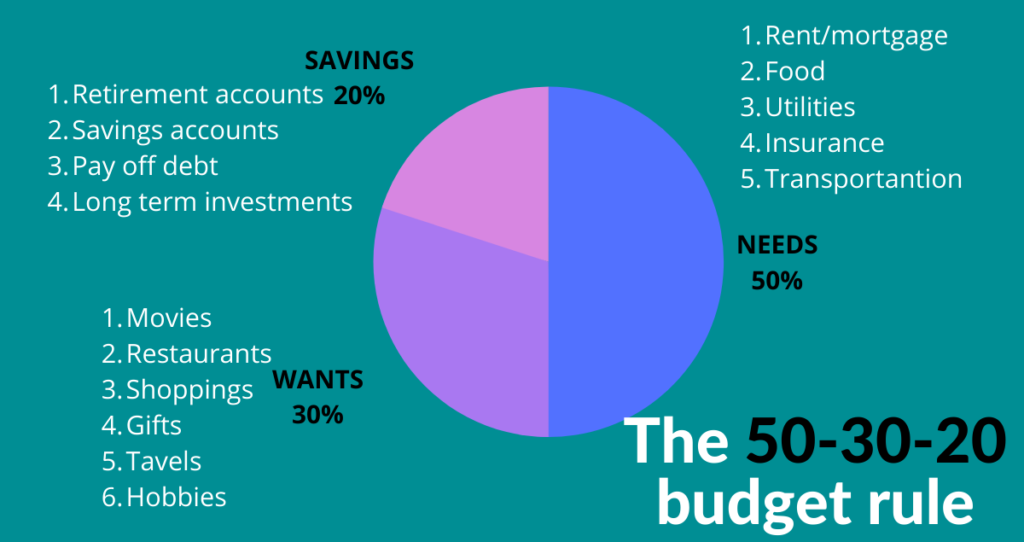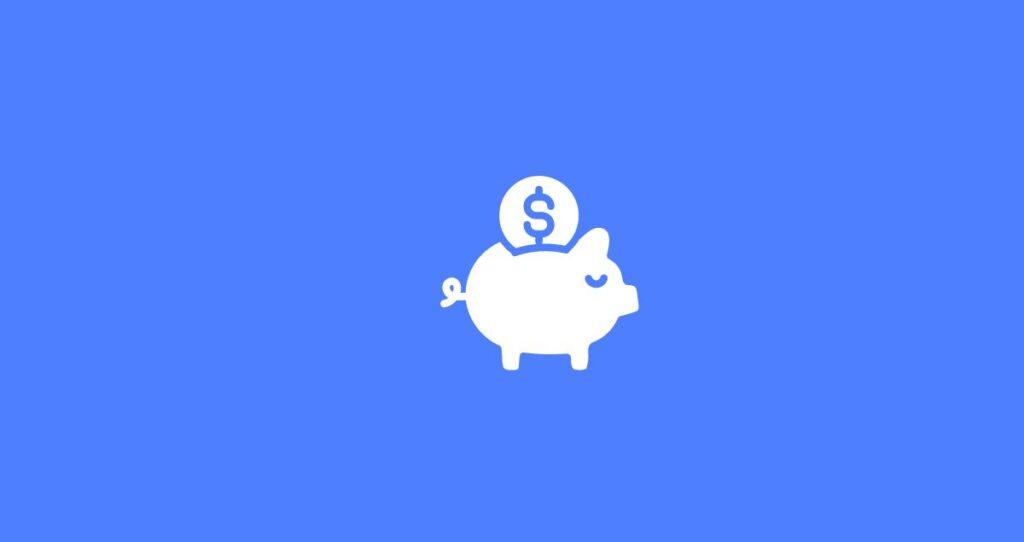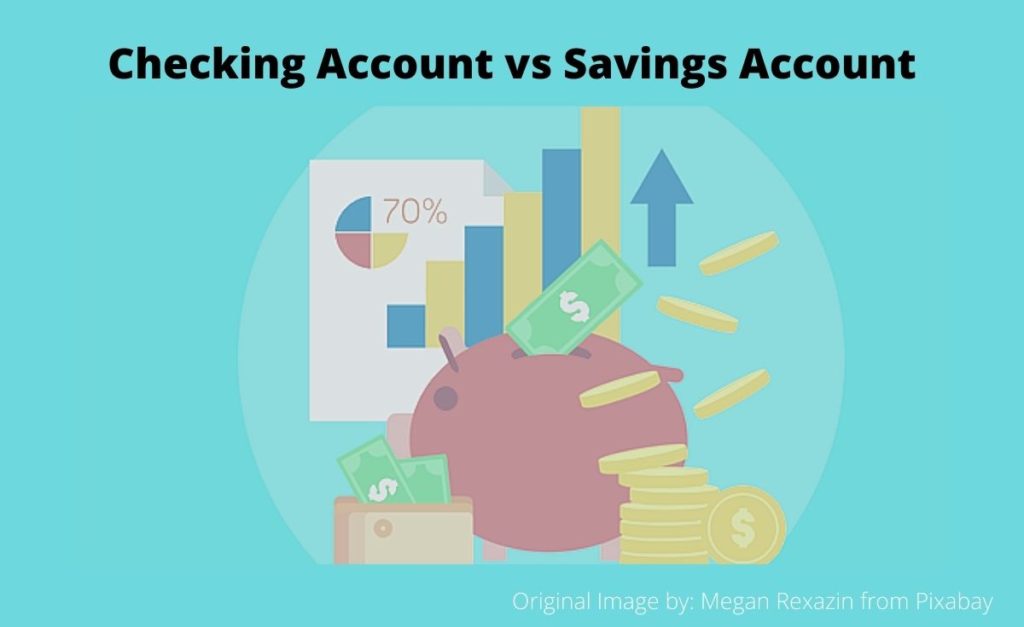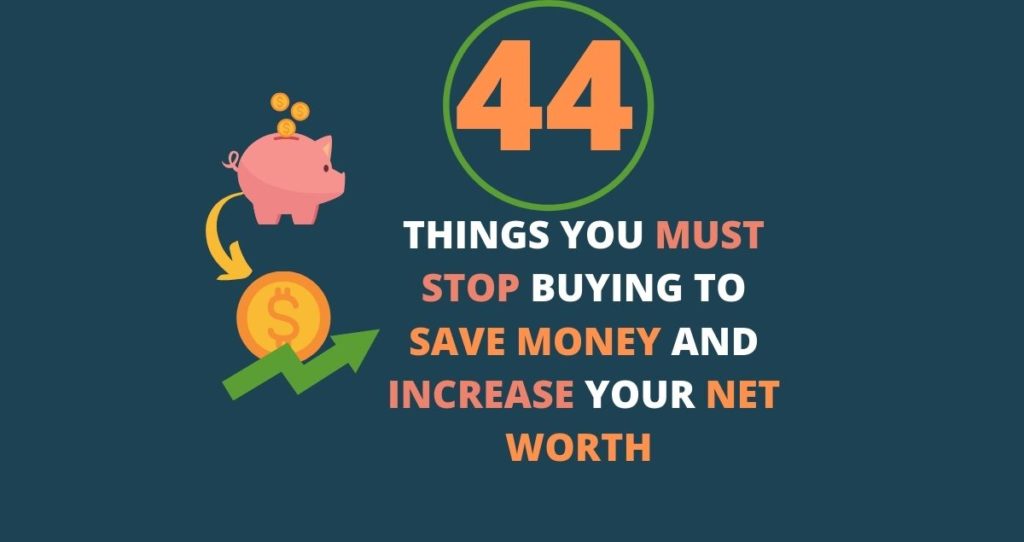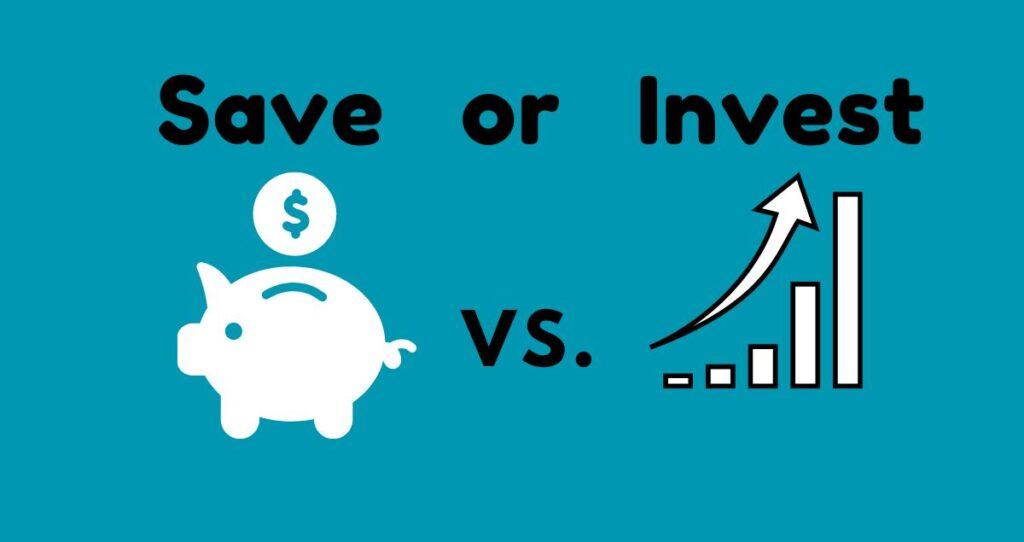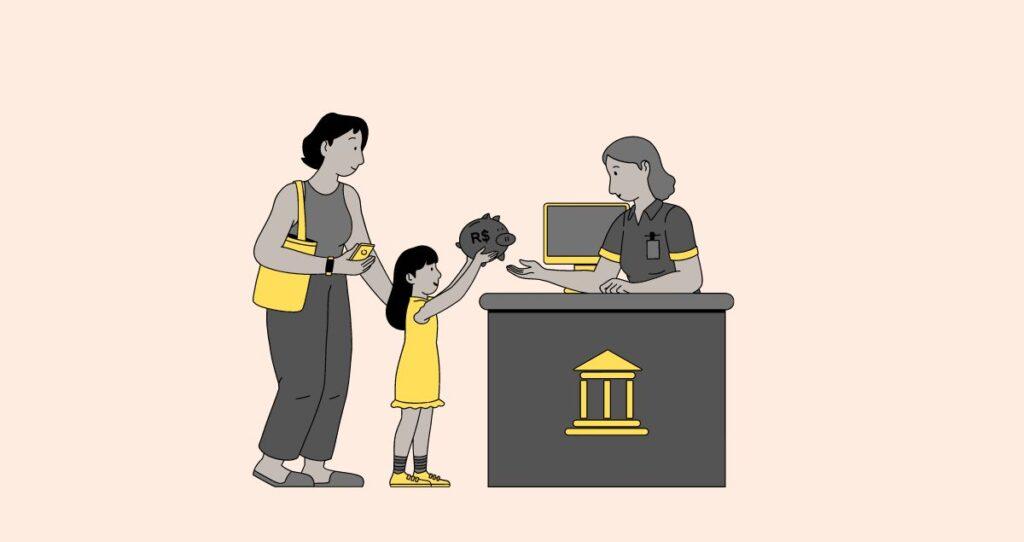Certificates of deposit (CDs) are considered safe and great investment options due to their $250,000 FDIC/NCUA insurance and higher fixed rates. To enjoy the full benefits of a CD, however, you need to keep your money in the account until maturity. Not only that it allows you to get the full benefits of compounding interest, but letting your CD mature, also prevents you from paying hefty penalties and fees for breaking your CD terms. While keeping your money in a CD until maturity is a great way to invest in CDs, there are times when closing a CD early might be the best course of action depending on your financial situation.
For example, it will make sense to cash out a CD early if you have an emergency such as an expensive medical bill, a car repair, or an immediate house roof repair. Closing a CD early is also worth it when you want to use your funds to pay off high-interest debts such as credit card debts, personal loans, and car loans. These loans come with APRs that are in double digits in most cases. So, it would not make financial sense to wait for a 0.5% APY CD to mature while paying 20% APR on your credit card balance.
Cashing out a CD early might also be a great financial move if you want to invest your money elsewhere for greater returns.
If you are considering closing a certificate of deposit (CD) before the maturity date but you’re unsure about your decision, this article is for you. Keep reading if you want to know when you should close your CD early, what to expect from closing a CD early, and the potential penalty you will pay for breaking your CD terms.
What happens if I close my CD early?
While a CD is a reliable and low-risk investment option, unforeseen circumstances or changing financial goals may prompt the need to access your funds sooner than expected. However, withdrawing money from a CD early often comes with consequences that can impact your financial goals.
Here is what happens when you close a CD early.
- You will pay an early CD withdrawal penalty. Unless you have a liquid CD/no-penalty CD, you will pay an early withdrawal penalty when you close a CD account before maturity. The penalty varies depending on the bank you use and the terms of the CD, but it typically equates to a percentage of the interest earned or a certain number of months’ worth of interest. This penalty is intended to compensate the bank for the lost opportunity to lend out your funds and generate revenue. Learn more about early CD withdrawal penalties.
- You lose future returns on your account. By closing a CD prematurely, you lose interest you could have earned if you kept the money in the account until maturity. For example, if you had a 5-year CD and closed your account only two years after opening your CD account, you will lose 3 years of interest and its compounding effects.
- You might pay an early withdrawal fee. Some banks and credit unions impose an extra fee when you close a CD account early. The fee varies from one institution to another but it is usually a flat fee like $25 or more.
- You might lose the bonus earned when you opened a CD account. Some banks and credit unions give you a bonus when you open a CD account with them and hold your investment until maturity. For most banks, however, you lose that bonus when you close your CD account early.
- You destabilize your savings goals. CDs are often used as a component of a diversified savings strategy, providing stability and guaranteed returns. By closing a CD prematurely, you may be reducing the diversity of your savings and potentially missing out on the benefits of long-term financial growth.
Read more: What happens if I cash out a CD early?
When does it pay to withdraw your CD early?
Even though closing a CD early comes with financial repercussions, there are times when it makes sense to break a CD before maturity. In a nutshell, closing a CD early makes sense when you want to invest your money elsewhere for higher returns, use it for emergencies, or pay off high-interest debts.
Let’s explore scenarios when it pays to withdraw your CD early in more detail.
- You want to invest your money elsewhere. If you find an investment that will earn you way more than what you are getting on a CD, it will make sense to close your CD account. This is because investing is all about maximizing your return on investment while minimizing your risks. So, higher returns mean more money in your pocket.
- You just experienced an emergency. While it is advisable to have an emergency fund, there are times when your emergency might be costlier than your savings. For example, if you experience an emergency surgery or your house is destroyed by a natural disaster such as a storm, tapping into your CD funds might give you financial relief without taking out an expensive loan.
- You need the money to pay off high-interest debts. If you have a lot of debt with high interest such as credit card debts, personal loans, and car loans, it will make sense to close a CD account early to pay off these debts. This is because the interest you earn on your CD will be far below the interest charges on your debts which threatens your financial stability. For this reason, it makes financial sense to take care of these debts first, before you worry about investing.
- Interest rates went much higher from the date you opened your CD account. If rates have gone up since you opened your CD account, it might make sense to close a CD early to take advantage of rising rates. For example, if your CD account earns you 0.2% APY and now rates are at 2%, it will make financial sense to withdraw money from your CD account and reinvest it into a high-yield CD account.
Factors to consider before closing a CD early
Before closing a CD early, evaluate other alternative sources of funds and the potential benefits of keeping the CD intact. You should also assess the long-term impact of closing a CD prematurely on your overall financial stability.
Here are key points to consider before cashing out a CD early.
- Tap into your other sources of income. Before closing your CD early, explore your other sources of income that can meet your immediate financial needs. This could include savings accounts, emergency funds, or even short-term investments that you could tap into instead.
- Borrow money from friends and family members. Before you rush to the bank and close your CD, consider raising cash from your friends and family member. This will allow you to keep your CD intact and maximize your return on investment(ROI).
- Pick up extra hours at your job or get a second job. If you need cash that is not immediate, pick up extra hours to boost your paycheck. You might also need to get a part-time job if your schedule allows it.
- Delay the purchase. There are times when we feel the urge to purchase something whereas, in reality, it is only an impulse purchase. By delaying the purchase, you might end up raising needed cash slowly or avoiding the purchase altogether.
- Assess your risk and rewards. Even if you need quick cash, it is essential to evaluate the potential benefits of keeping your CD intact until maturity. For instance, if your CD offers a high-interest rate compared to other investment options available, closing it early might mean missing out on potential earnings.
- Evaluate the long-term impact on your financial goals. Closing a CD early may provide immediate access to cash, but it could also disrupt your long-term savings goals or investment plans. For this reason, it is critical to weigh the pros and cons of early CD withdrawals and their impact on your broader financial strategy.
Related posts:
How much do you lose if you close a CD early?
Understanding the potential impact of closing a CD early is crucial to making an informed financial decision. It’s not only about the immediate loss of the CD’s funds but also the broader implications for your financial stability. If the withdrawn funds were originally designated for a specific purpose, such as a down payment on a home or funding your child’s education, closing the CD early could hinder those plans. Therefore, it’s important to consider the long-term consequences and whether the loss of the CD’s funds aligns with your saving goals.
Furthermore, it’s crucial to understand the long-term impact on your overall financial stability. Closing a CD early means losing out on the potential earnings that would have been accrued if the CD had been left to mature. By withdrawing the funds before the agreed-upon term, you effectively forfeit any future interest, which can significantly impact your financial strategy.
Perhaps the biggest financial loss is the penalty for closing a CD early. This penalty is usually expressed as a number of months or days of interest earned. For example, your penalty can be 3 months of interest on a 6-month CD or 12 months of interest on a 5-year CD. These penalties defer from one institution to another. So, check with your institution or read the fine print of your CD terms. Some institutions also charge you an extra fee for withdrawing money from our CD early. Additionally, you might lose the bonus you were given as an incentive to open a CD with that institution.
When should you cash in a CD?
Cashing in a CD early will largely depend on your individual financial situation and goals.
Assessing your financial situation and goals is vital when deciding whether to close a CD early or let it mature. If you find yourself facing unexpected financial emergencies or have a pressing need for the funds tied up in the CD, paying the early withdrawal penalty may be a smart move to access the money promptly. Additionally, it makes sense to cash out a CD in order to pay off your high-interest debts.
On the other hand, if you have a stable financial outlook and the CD is part of a long-term investment strategy, it might be best to let it mature. Allowing your CD to reach its full term can maximize your earnings and help you maintain consistency in your overall financial planning.
Are CDs worth it in 2023?
CD rates are currently at 1.30%, 1.72%, 1.47%, 1.37%, 1.30%, and 1.37% for 6-month CD, 12-month CD, 24-month CD, 36-month CD, 48-month CD, and 60-month CD respectively, according to the Federal Deposit Insurance Corporation(FDIC). Some banks are even offering rates as high as 5% for special CDs.
While these rates are not the highest in history, they are generally high for recent years’ CD rates. Meaning that if you open a CD in 2023, you will get competitive rates that are hard to get for deposit accounts such as CDs, savings accounts, and money market accounts(MMAs).
It is also essential to note that since the inflation rate is slowly cooling down during 2023, interest rates across different financial products will also follow the same trend. This means that CD rates will more likely go down in the near future as the federal reserve lower rates in response to lower inflation rates.
In other words, if you wait a little long, you will more likely open a CD account at a lower rate than current market rates.
Read more: Is now a good time to buy a CD?
Why shouldn’t you invest all of your savings in a CD?
CDs typically have lower interest rates compared to other investment options. While they offer a guaranteed return, the rates may not keep up with inflation, meaning the purchasing power of your savings could be eroded over time. If you allocate all your savings to a CD, you may miss out on potentially higher returns from other investments such as stocks, bonds, or real estate.
Additionally, CDs lack liquidity compared to other savings accounts and investment alternatives. When you invest in a CD, you commit to a specific term, which could range from a few months to several years. During this period, it may be difficult to access your funds without incurring penalties or forfeiting a portion of your interest. If you unexpectedly need to tap into your savings for emergencies or opportunities, having all your savings tied up in a CD might limit your options and flexibility.
Furthermore, CDs may not provide the same level of long-term growth potential as other investment options. While they can be a safe haven for short-term goals or preserving capital, they may not generate substantial wealth over an extended period. If you’re looking to grow your savings significantly or build wealth for the future, diversifying your investments beyond CDs may be a more strategic approach.
More savings tips
Live below your means with these 11 simple tips
Should you invest your emergency fund for better returns?
